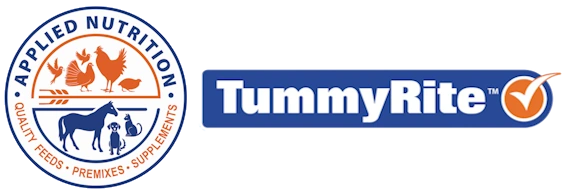THE ROLE OF IODINE AND THYROID FUNCTION AND SOME CONSEQUENCES OF IODINE DEFICIENCY
Iodine deficiency and supplementation has been raised as a topic of interest recently Ingested iodine in the form of iodide is absorbed rapidly from the gastrointestinal tract into the bloodstream, primarily in the intestine. Most body iodine is concentrated in the thyroid gland. The function of the thyroid gland is to take iodine, found in foods, and convert it into thyroid hormones: thyroxine (T4) and triiodothyronine (T3). The iodide trapped by the thyroid gland is rapidly oxidized and converted to organic iodine by combination with tyrosine (an essential amino acid) to make T4 and T3.
According to Scott et al (1969) the metabolic functions of the thyroid hormone are as follows:
1. Controls the rate of energy metabolism or level of oxidation of all cells (calorigenic effect).
2. It influences physical and mental growth and differentiation or maturation of tissues.
3. It affects other endocrine glands, especially the hypophysis (pituitary gland) and the gonads (testis or ovary).
4. Influences neuromuscular functioning.
5. Affects circulatory dynamics.
6. Affects the integument and its outgrowths, hair, fur, and feathers; and
7. Influences the metabolism of the food nutrients, including various minerals and water.
Many of these functions are interrelated and all probably are based upon the primary function of the thyroid hormone, that of controlling the rate of cellular oxidation, other effects being secondary. Scott et al (1969).
The anterior pituitary to produce and release increased amounts of thyroid-stimulating hormone (TSH). In the presence of the iodine deficiency, this increased amount of TSH stimulates the enlargement of the thyroid gland, termed a goiter. Scott et al (1969).
A lack of thyroid activity or inhibition of thyroid action causes hens to cease laying and to become very fat and also causes the growth of abnormally long, lacy feathers. Administration of thyroxine or of iodinated casein reverses these effects; egg production resumes and eggshell quality is improved. Scott et al (1969).
The thyroid gland stimulates the anterior pituitary to produce and release increased amounts of thyroid-stimulating hormone (TSH). In the presence of the iodine deficiency, this increased amount of TSH stimulates the enlargement of the thyroid gland, termed a goiter. Scott et al (1969).
In the commercial Poultry Industry iodine (mainly in the form of iodide) is routinely added to all poultry diets and deficiency is rarely seen. For those engaged in Aviculture iodine, (in the form of iodide) is added to many of Applied Nutrition’s products, including TummyRite™, TummyRite™ Plus, Prosperity™, StartRite™, FlyRite™, CalciPlus™, all at levels to meet the daily iodine requirements of the birds, with a margin of safety. If our products are used at the correct inclusion rates there is no need to add additional iodine.
Note all our products mentioned contain a full range of micro-nutrients (vitamins and trace minerals) to meet bird’s requirements. Care must be exercised not to over-supplement a bird’s daily requirements for these micro-nutrients or toxicity that may result.
Reference:
Scott, M.l., Nesheim, M.C., and Young, R.J. (1969). Nutrition of the Chicken. M.L. Scott & Associates, Ithaca, New York.
